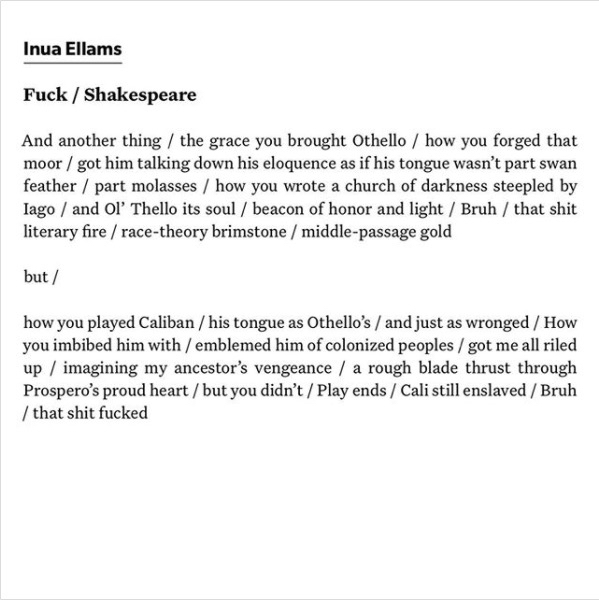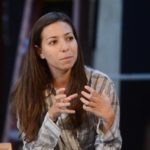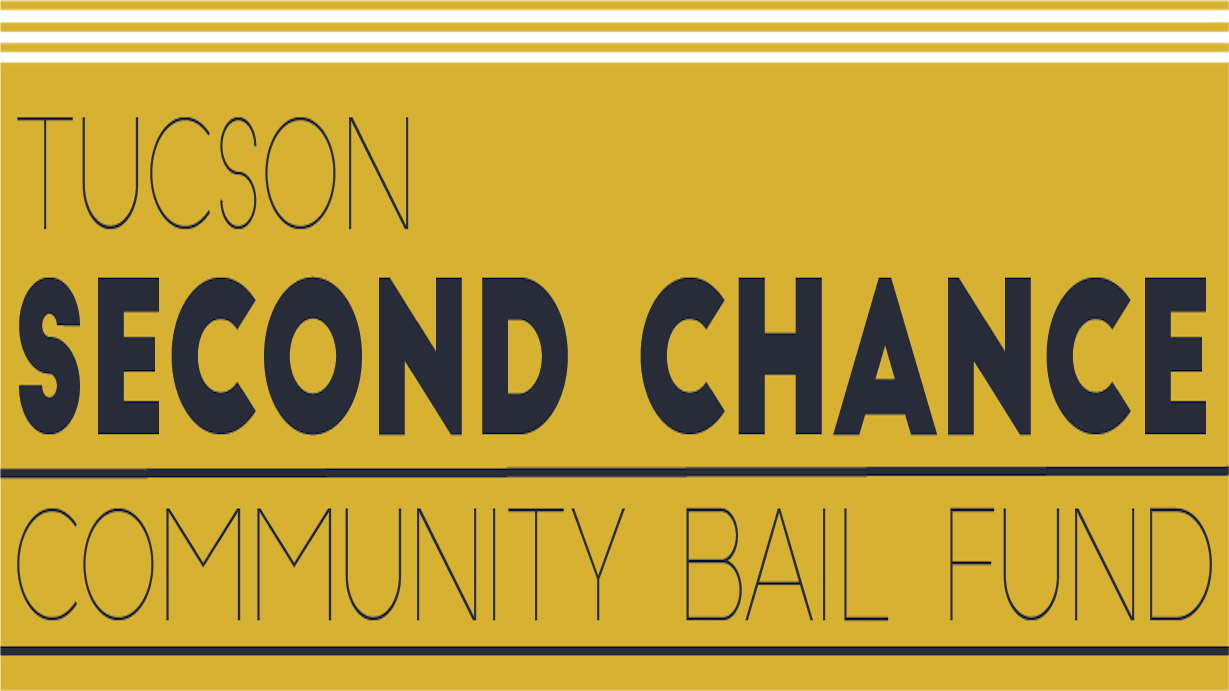A note from Kathleen Capdesuñer and Matt Barbot: “We want to acknowledge, center, and support the black community, especially given what this piece is about. Since Drown My Book focuses on Tucson, we’d like to draw attention to this Tucson Second Chance Community Bail Fund, a fund dedicated to addressing the disproportionate impact of the cash bail system on communities of color and vulnerable populations in Pima County, and stand in solidarity with the community we represented on the page. You can support the fund here. Additionally, since Drown My Book is a play about radical texts, we encourage people to explore the Black Liberation Reading List from the Schomberg Center for Research in Black Culture.”
In this interview with R&D Program Director Ilana Becker, Kathleen Capdesuñer discusses her work as the director of Matt Barbot’s “Drown My Book” as part of the 2019-20 R&D Group, which was performed in the 2020 Findings Series by Alejandro Venancio, Sofía Figueroa, Stephanie Vazquez, Guillermina Fernandez, Maria Fernanda Diez, Sara Ornelas, John J. Concado and Maggie Bofill. Included throughout the piece are images, songs, and videos that served as sources of inspiration for her in the process. This interview was conducted in mid-May over email.
Ilana Becker: What were early stages of the process like?
Kathleen Capdesuñer: Matt’s had this idea for quite some time — he’d been working on this since the actual event happened in Arizona. For our first sharing, which was in August 2019, we decided to jump into the deep end. We arranged six actors to come and read the pages Matt had developed before R&D. That was really exciting for me. I love working with new writers because of the collaboration, that intimate collaboration. it’s like we’re working on a living breathing thing and the R&D group has given us the opportunity to really nurture our process separately and together as artists.
And so, yeah, we brought in 20 pages. We got six actors together to come in for our presentation, and our R&D group talked about it. It was incredible.
Now it’s all come full circle. We’ve asked those same actors from our first read to come back and join us. It’s been a very rich experience to have the gift of time with these actors. From their initial impressions in August and now in May revisiting the text. The marriage between research and the presence of a strong ensemble has really created a beautiful foundation for this process. I can see its influence in our final presentation.
Ilana: What was your role in researching throughout the process?
Kathleen: After the first sharing, our main focus was on conducting and collecting research. Matt interviewed Curtis Acosta, who was the teacher involved with this case; a lot of his words are in the play. Whenever I lead a creative project, I do a lot of research on my own. I have a strong dramaturgical approach when it comes to collaborating on new works. I think dramaturgy is at the core of my artistry, and greatly informs my direction.
I began by researching the actual event that happened. I was outraged, but not shocked. There’s so much in this country that is erased and manipulated for whiteness. That anger did definitely fuel me in diving deeper, and naturally I love research. Mainly because I want to be knowledgeable about what I’m asking my creative team to explore. Also, I want to understand the world we’re entering, and exactly what I’m asking my actors to bring to life. Most of all, it’s an exercise in empathy. I use it to empathize with what these characters are feeling, and see both sides of the arguments that are being presented in this play.

Ilana: Can you share something about the research process that delighted or surprised you?
Kathleen: In a later draft Matt included the Arizona state song, I Love You Arizona. This song inspired me to listen to other songs I associate with patriotism. I listened to different versions of the song, This Land Is Your Land; one by Woody Guthrie, and another by Jose-Luis Orozco. Then I listened to one by Las Cafetera, a Chicanx band from East LA. Listening to this song really unlocked a deeper understanding of the play for me. This is what I thought of the mechanicals as Chicanx students who are trying to fight the system. With this song they basically have taken this patriotic anthem about land ownership, and made it into their own version.
That’s the delight of working on this piece, being able to draw these parallels between the Shakespearean text, and the lived Chicanx culture. The song encapsulates the tension between colonization, sovereignty, and historical narratives. That propelled me to delve deeper into Chicanx history and think about how I can honor that culture. This was important to me, as we are exploring the erasure of their history surrounding this event in Arizona. And this play is part of that act of resistance.
Ilana: Can you describe your preparation to go into rehearsal for this?
Kathleen: Zoom is this love child between film and live performance. I knew that I couldn’t approach directing this presentation in the same exact way that I would in directing a staged reading. I still worked with the actors in the same way that I would in person. I prepared as if I was directing a film. I broke down the scenes, and essentially created my shotlist. My main goal was clarity; I wanted the words to be heard and honored. Regardless of the platform, I always tried to meet the play and my collaborators where they were at– that’s the joy developing new work.
If we continue to develop this in a zoom world, then I would love to try incorporating even more cinematic elements, to help lean into the moments of heightened reality more. I’m also very curious in how to best engage an audience over zoom.
Ilana: How has your process of directing something like this changed over zoom? What is it like to world-build in this format?
Kathleen: Well, a lot has changed on a global scale (as we all know). Initially, we were developing this piece to be performed live as a stage reading. The biggest thing that’s changed is that we transitioned to developing this over zoom. Other than that, a lot hasn’t changed at the core. The play is still tackling what it needs to tackle; it’s still asking the questions of:
What does it mean to take historical narrative into your own hands?
What does it mean to be between cultures, texts, and worlds?
What do you do when the words you’ve been given aren’t enough?
We also planned using all the borrowed texts (interviews, Shakespeare, court reports) to devise with the actors from our first share, but that wasn’t in the cards for us.
Ilana: What has surprised you about this process?
Kathleen: What surprised me the most was how the actors initially approached the play. My whole cast was Latinx and some of the actors did not have an extensive background or training in Shakespeare.
I asked the actors to bring their full selves to this play, especially in the moments where their characters are speaking the classic text. I encouraged them to engage with the play from their own perspective, honoring their identity. I was more interested in seeing the group of Latinx students, who were not groomed to know Shakespeare, trying to claim the archaic language. That struggle has always been at the heart of this play.
Ilana: What have you taken from this process that you look forward to expanding upon and/or exploring in the future?
Kathleen: I want to expand our team by bringing on a Shakespearean or Latin Studies scholar, better yet someone who specializes in both– that’d be so fucking cool. Also, I want to try incorporating Spanish into the play. I am interested in seeing the group of students grapple with language in different ways.
Ilana: Is there anything else you’d like us to know?
Kathleen: I’ve listed a few resources below of images, articles, and music that inspired me. There’s still a lot of research that I would love to do, even just personally, regardless of this project. For example, I want to actually meet and/or interview some of those students, and go to Arizona (when we reach a time that we’re able to travel again freely). I do believe this piece has the potential to serve as a form of activism; I’m interested in further exploring this. I’m very excited to have worked on this piece– I think it is much needed. Even though this event may shock people, this is happening, and has been happening in America. This is a really important time for us to be educating ourselves, and to really think about the kind of world we want to work towards.
Other Sources of Inspiration
Images
Pinterest Inspiration Board: https://pin.it/4tcoj7s
Articles
“Animal-masked artists protest construction of border wall” from Arizona Public Media
“Federal judge tells Arizona it can’t ban Mexican American studies” from Washington Post
Music
Spotify Playlist: https://open.spotify.com/playlist/7hk9vpV74gYi9xEvUgnG8W?si=g0M1gtriTK2VDd5fKyj4-g
Videos
Authors
-
KATHLEEN CAPDESUÑER (director) is a director, theatre-maker, and artistic leader currently based in NYC. She is a 2019/20 The Civilians’ R&D Group Director, 2019/20 Manhattan Theatre Club Directing Fellow, 2018/2019 Roundabout Directing Fellow, 2017/18 McCarter Theatre Center Directing Apprentice, Latinx Theatre Commons Steering Committee Member, and The COOP Youth Advisory Board Member. Kathleen has developed work at: Roundabout Theatre Company, American Lore Theatre, Columbia/Signature, Ensemble Studio Theatre, PlayxPlay, McCarter Theatre Center, Little y, and internationally in the Fringe Festival circuit. Kathleen is a first-generation Cuban-American from Kissimmee, Florida and committed to making equitable change in this industry. kcapdesuner.com
View all posts -

Ilana Becker is a producer and director specializing in new play and musical development, investigative and verbatim material, community-driven projects, and arts education. In addition to currently serving as The Civilians’ R&D Group Program Director, she has been a member of the staffs of All For One Theater, Lincoln Center Education, and Bret Adams Ltd, and spent a year as the Associate Artistic Director and Interim Artistic Director of Company of Fools/Sun Valley Center for the Arts. Line Producing includes work with CollaborationTown, All For One, and Jewish Plays Project. Ilana is the creator of Argument Sessions, a series of ongoing immersive theatrical events weaving verbatim SCOTUS transcripts with collaboratively developed original material. She is a member of the WP Theater 2018-2020 Producers Lab, and an alum of the Civilians’ R&D Group, Lincoln Center Theater Directors Lab, DirectorsLabChicago, Fresh Ground Pepper PlayGroup, as well as a Playwrights Horizons Robert Moss Directing Fellow and an Emerging Leader of NY Arts Fellow. Much gratitude to Megan and EllaRose for laying the R&D Group groundwork. www.ilanabecker.com
View all posts









